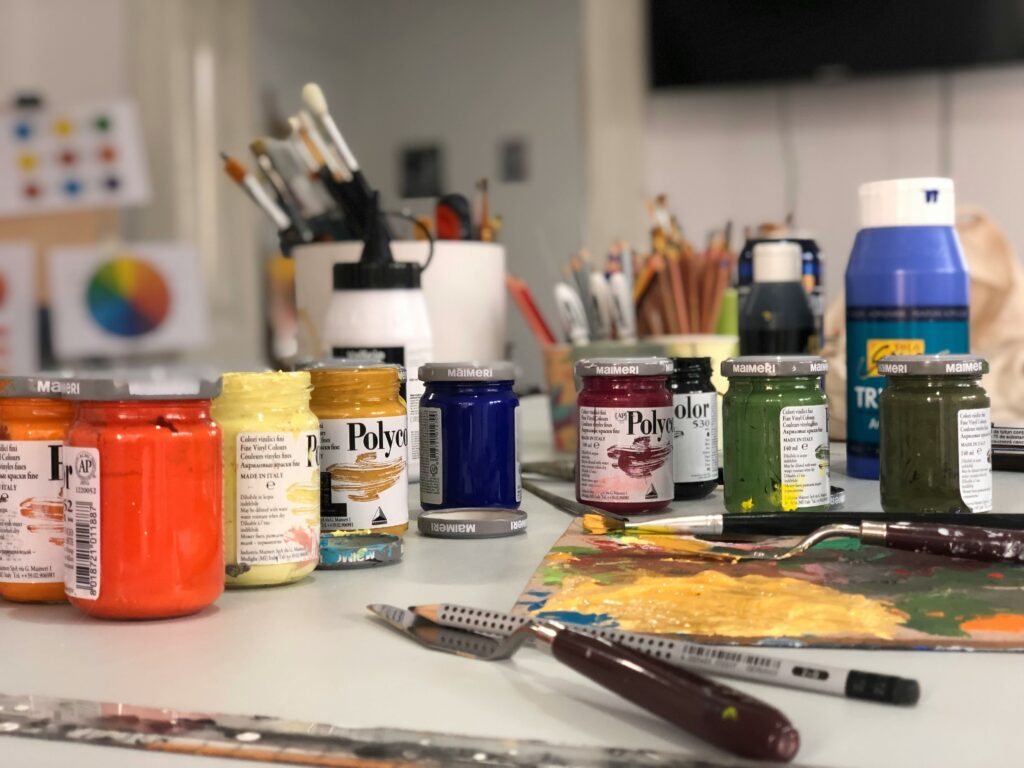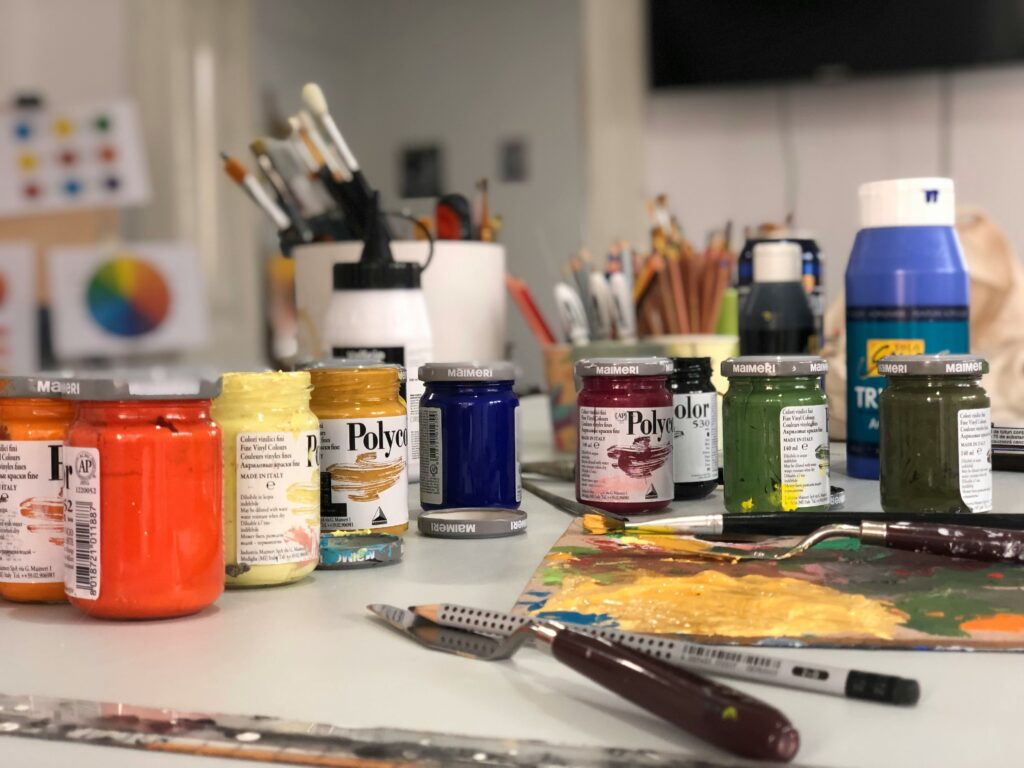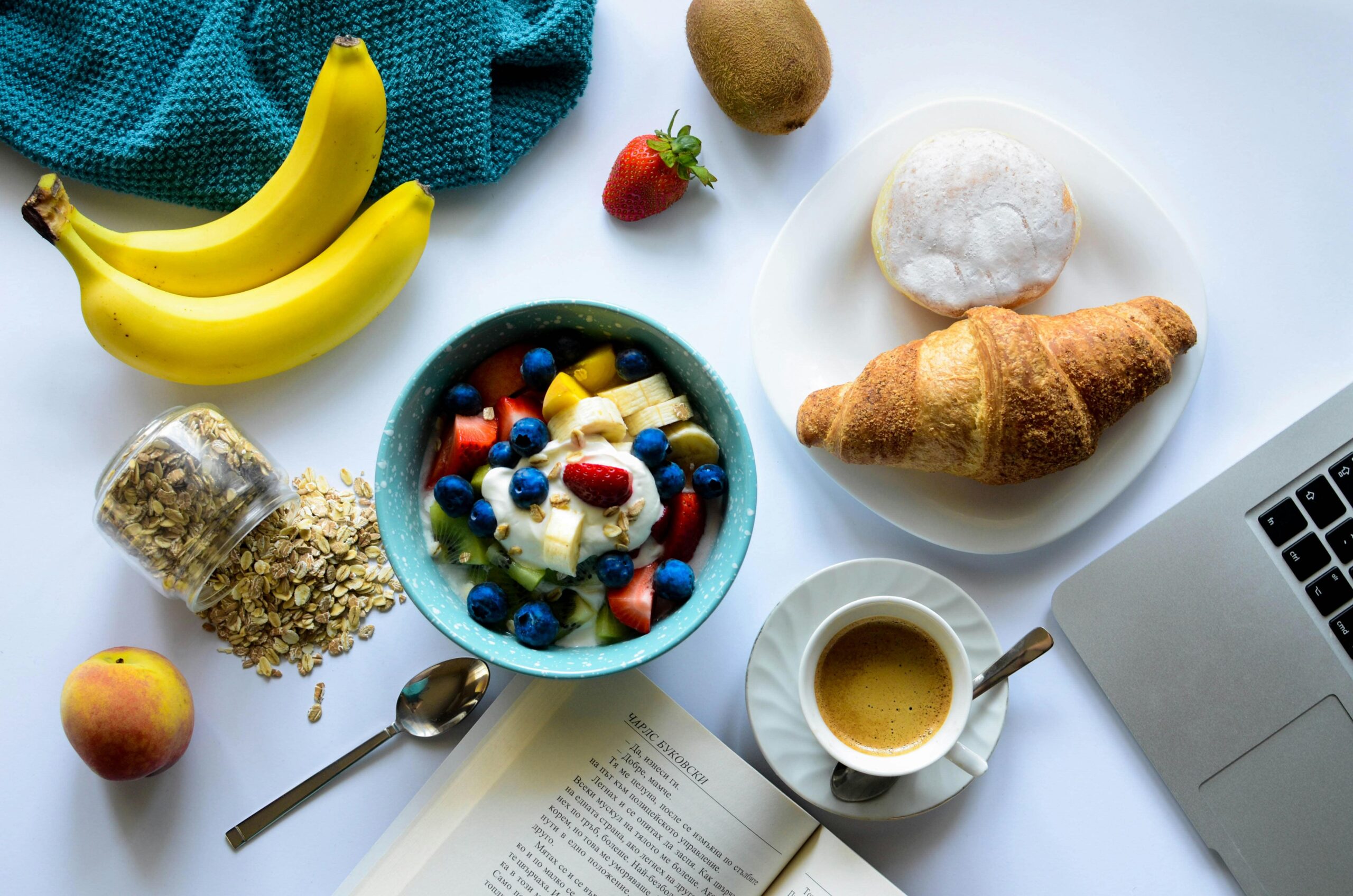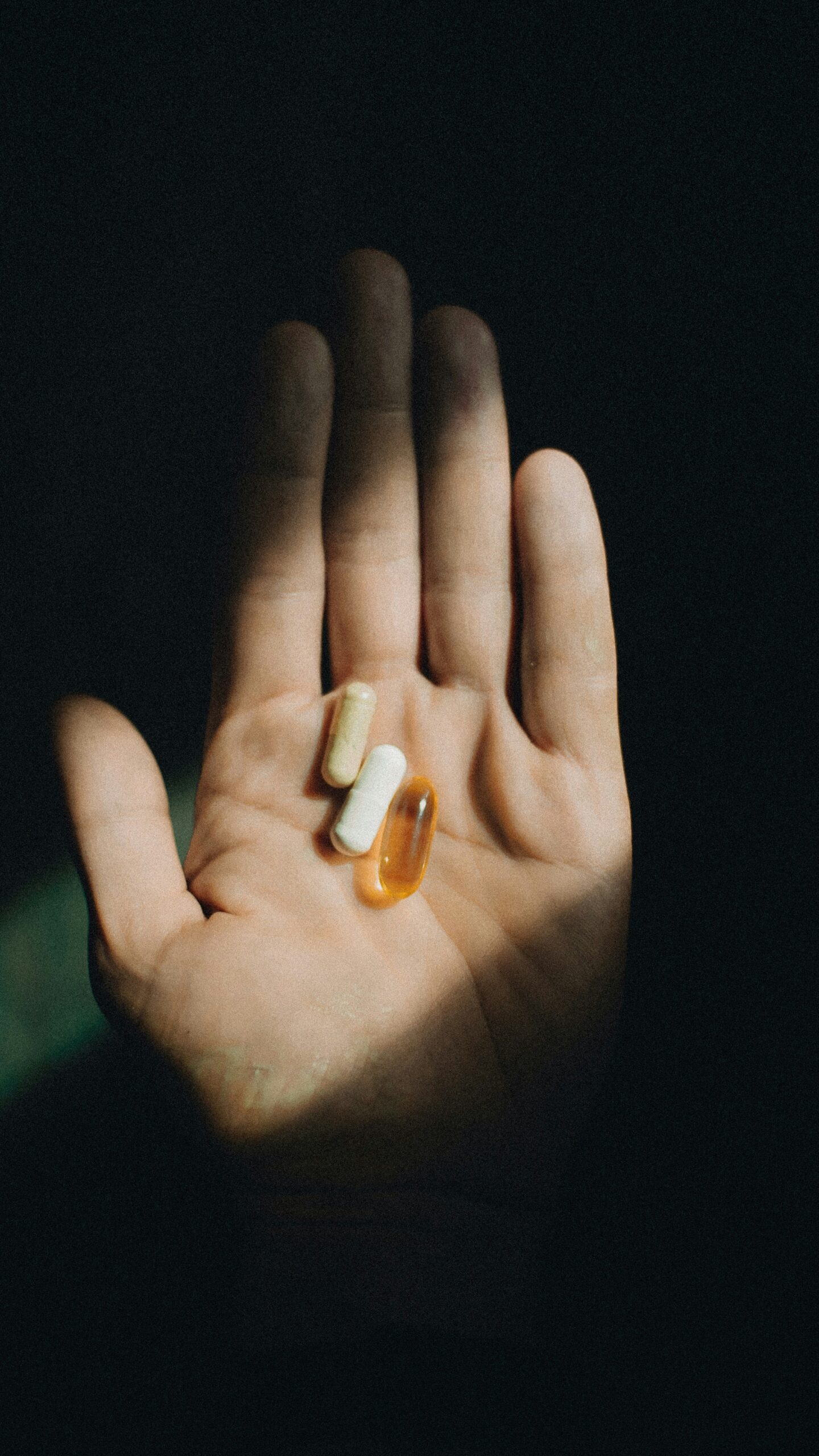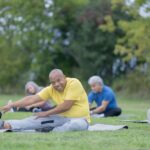Now Reading: Essential Vitamins for Addiction Recovery: Heal, Rebuild, and Thrive
-
01
Essential Vitamins for Addiction Recovery: Heal, Rebuild, and Thrive
Essential Vitamins for Addiction Recovery: Heal, Rebuild, and Thrive
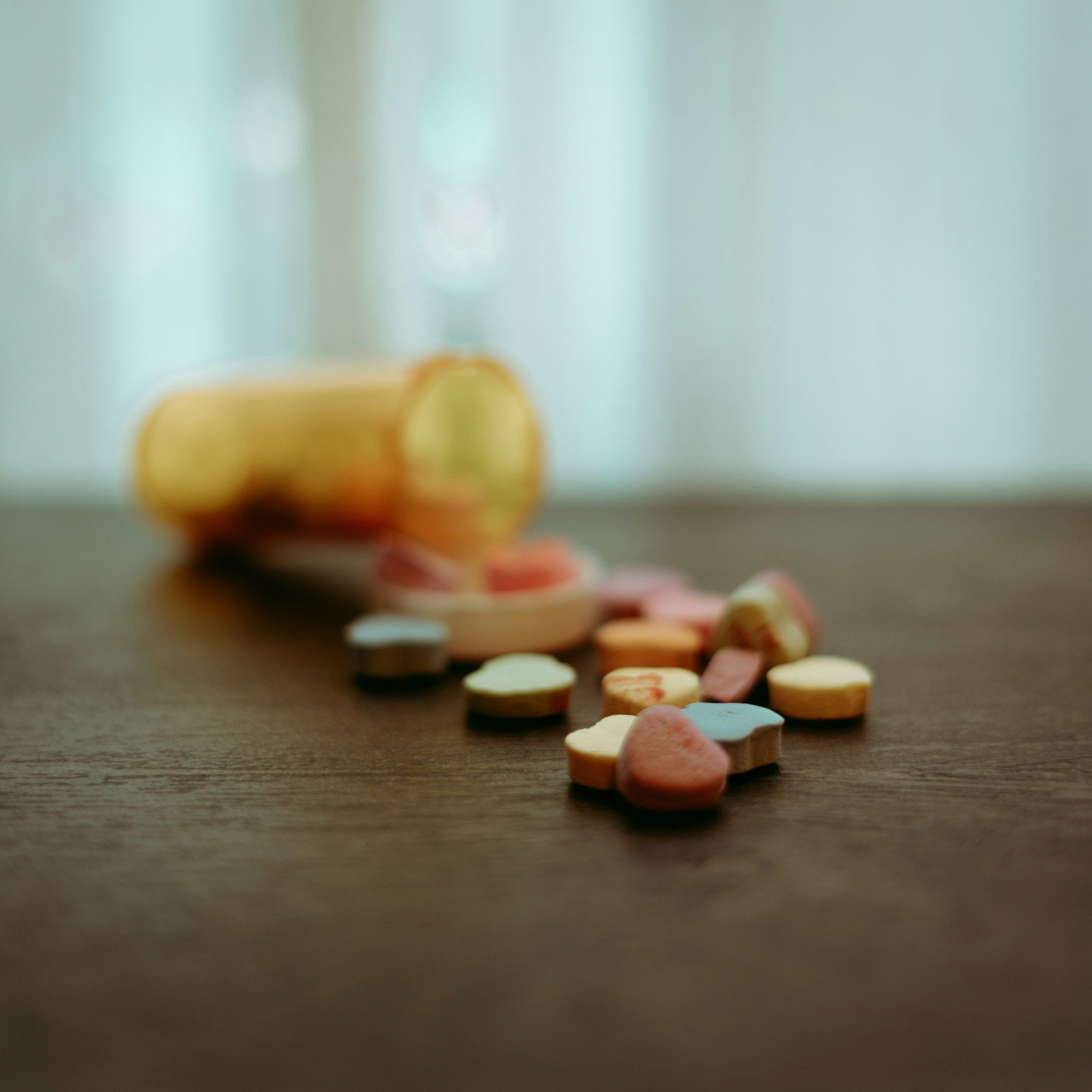
Recovering from addiction is a journey that involves healing the body, mind, and spirit. Nutrition plays a huge role in this process. While a balanced diet is key, certain vitamins stand out for their ability to restore energy, improve mood, reduce cravings, and support overall wellness. In this article, we explore the most important vitamins for addiction recovery and how they can help you or a loved one on the path to long-term healing.
Why Vitamins Matter in Recovery
Substance abuse depletes the body of essential nutrients. Alcohol, opioids, stimulants, and other drugs interfere with nutrient absorption and damage organs responsible for processing vitamins and minerals. As a result, many people in recovery face fatigue, depression, brain fog, and weak immunity.
According to the Substance Abuse and Mental Health Services Administration (SAMHSA), restoring nutritional balance is crucial in early recovery to help the brain and body recover from the stress of addiction.
Vitamins for addiction recovery help repair damage, improve mental clarity, and bring stability back into daily life.
Top Vitamins for Addiction Recovery
Here are the key vitamins that support healing and why they matter so much in the recovery process.
1. Vitamin B Complex
The B vitamins are among the most important for recovery. They support energy, brain function, and mood regulation.
Benefits:
- Reduces fatigue
- Supports nervous system health
- Boosts mood and mental clarity
- Helps rebuild brain chemicals like dopamine and serotonin
Stat: A 2017 study in the Journal of Nutritional Biochemistry found that B-vitamin supplementation improved energy and reduced anxiety in individuals recovering from substance abuse.
Food sources: Whole grains, eggs, lean meats, beans, leafy greens
2. Vitamin C
Vitamin C is a powerful antioxidant that helps repair tissues, support immune function, and reduce oxidative stress caused by drug and alcohol abuse.
Benefits:
- Strengthens the immune system
- Aids in detoxification
- Supports adrenal function, which helps manage stress
Food sources: Citrus fruits, bell peppers, strawberries, broccoli
3. Vitamin D
Many people in recovery have low levels of vitamin D, especially those with limited sun exposure. Vitamin D supports mood and bone health and may help reduce depression.
Benefits:
- Improves mood and reduces anxiety
- Strengthens bones and muscles
- Supports the immune system
Stat: A 2020 review in Frontiers in Psychiatry linked low vitamin D levels with increased risk of relapse and depression in recovering individuals.
Sources: Sunlight, fortified dairy products, salmon, egg yolks
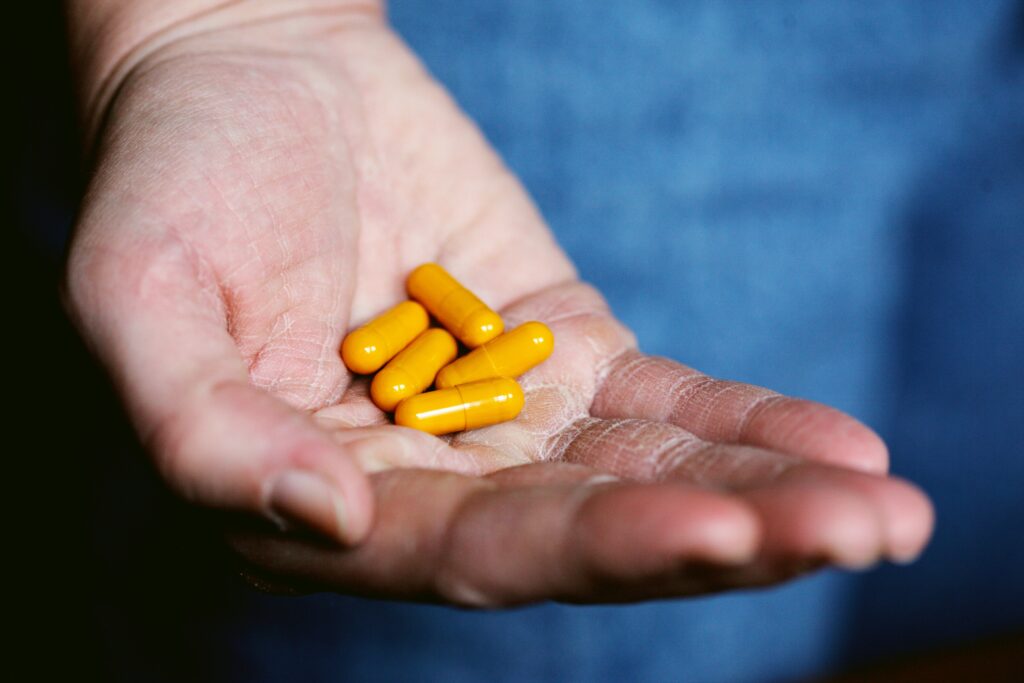
4. Vitamin A
Vitamin A helps heal tissue, strengthen immunity, and maintain healthy skin and vision. It also supports liver repair, which is crucial after long-term alcohol or drug use.
Benefits:
- Promotes tissue repair
- Supports immune health
- Helps liver function
Food sources: Carrots, sweet potatoes, spinach, liver
5. Vitamin E
Vitamin E is another antioxidant that protects the body from oxidative damage. It helps repair cells and supports nerve and brain function.
Benefits:
- Protects brain cells
- Supports circulation
- Reduces inflammation
Food sources: Nuts, seeds, spinach, avocado, vegetable oils
How Vitamins Help With Cravings and Mood
Cravings are common in early recovery and can derail progress if not managed properly. Vitamin deficiencies can make these cravings worse. When the brain lacks the nutrients it needs to produce feel-good chemicals like dopamine and serotonin, it seeks them elsewhere—often through sugar, caffeine, or even relapse.
Here’s how vitamins for addiction recovery help:
- B vitamins support neurotransmitter production to regulate mood.
- Vitamin D improves serotonin levels and reduces depression.
- Vitamin C and E help reduce oxidative stress, which is linked to anxiety.
Together, these vitamins stabilize mood and reduce the emotional highs and lows that can trigger relapse.
Best Ways to Get These Vitamins
1. Whole Foods First
Try to get most of your nutrients from real food. Whole foods provide not only vitamins but also fiber, antioxidants, and healthy fats.
2. Supplements When Needed
Sometimes, diet alone isn’t enough, especially if absorption is impaired. A high-quality multivitamin or specific supplements may help.
Tip: Always talk to a healthcare provider or dietitian before starting supplements, especially during recovery.
3. Consistent Meals
Eat every 3–4 hours to keep blood sugar stable and ensure steady nutrient intake throughout the day.
A Sample Day of Vitamin-Rich Meals
Here’s how to include vitamins for addiction recovery in a typical day:
Breakfast
- Scrambled eggs (B vitamins, vitamin D)
- Whole grain toast (B vitamins)
- Orange slices (vitamin C)
Snack
- Handful of almonds (vitamin E)
Lunch
- Grilled chicken and spinach salad with carrots (vitamin A, B vitamins)
- Olive oil dressing (vitamin E)
Snack
- Greek yogurt with berries (B vitamins, antioxidants)
Dinner
- Baked salmon (vitamin D, B12)
- Sweet potato (vitamin A)
- Steamed broccoli (vitamin C)
Practical Tips for Staying Nourished in Recovery
- Plan your meals. Don’t rely on last-minute choices.
- Stay hydrated. Water helps vitamins absorb and supports detox.
- Limit sugar and processed food. These deplete nutrients and increase cravings.
- Keep healthy snacks handy. Nuts, fruit, or boiled eggs make great vitamin-packed options.
Final Thoughts
The body and brain need time and support to heal from substance use. Vitamins play a powerful role in restoring what addiction took away. From boosting mood to reducing cravings, vitamins for addiction recovery help create the foundation for lasting wellness.
Healing isn’t just about what you stop doing. It’s about what you start giving yourself. Nutritious food, supportive care, and essential vitamins are powerful tools in rebuilding your life.
Sources:
- Substance Abuse and Mental Health Services Administration (SAMHSA). Nutrition and Recovery Support.
- Journal of Nutritional Biochemistry (2017). B Vitamins and Neurotransmitter Function.
- Frontiers in Psychiatry (2020). The Role of Vitamin D in Addiction and Relapse.

Jen Sheldon is a seasoned writer with a passion for fitness, health, wellness, and addiction treatment. With years of experience crafting insightful and research-backed content, she helps readers navigate their journey toward better well-being. When she’s not writing, you’ll find her exploring new workout routines or diving into the latest health trends.












